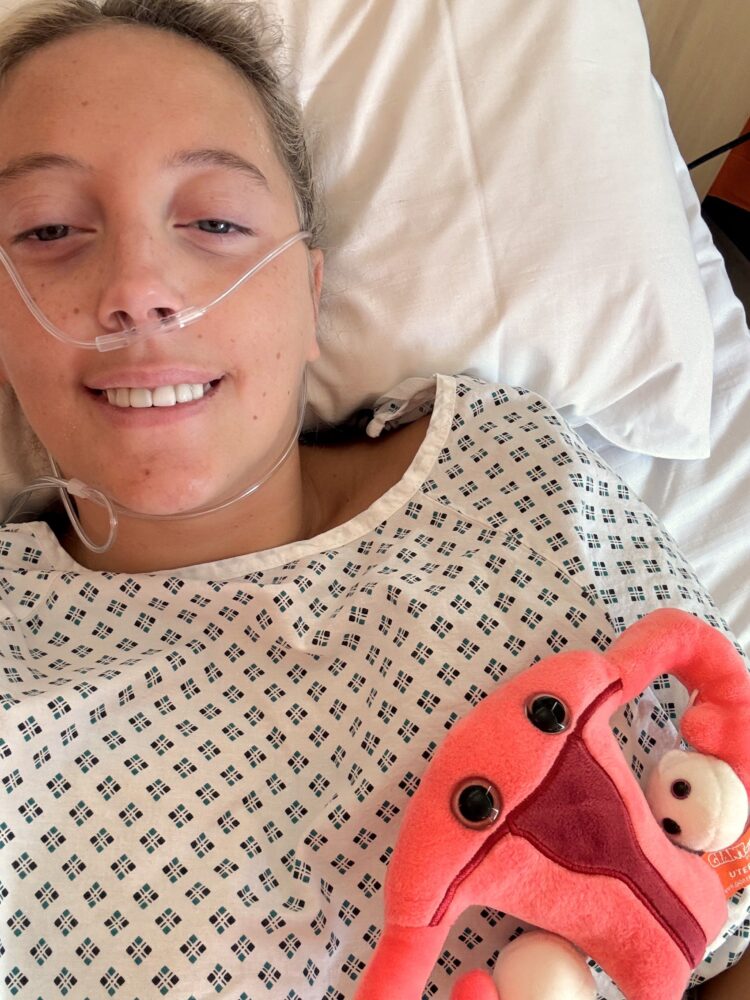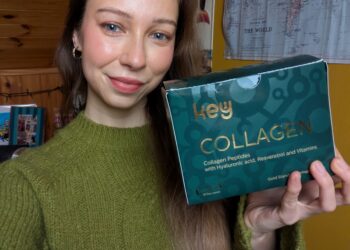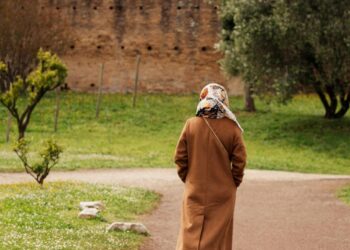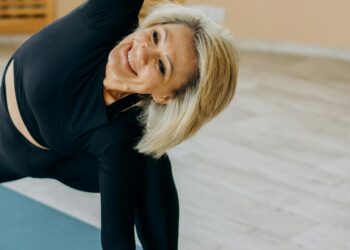Two women share their heartbreaking stories of living with a disease that has cost them dearly but ultimately endowed them with resilience and purpose
Robyn’s Story
I don’t remember a time when I felt ‘normal’. I can’t remember what it is like to leave the house with just my phone and not the emergency kit I always carry. The kit consists of painkillers of varying doses depending on the severity of my flare-up or pain. Anti-nausea tablets, laxatives, pain patches, Nexium etc. Not forgetting my best friend and side kick – my hot water bottle. We are inseparable! This is life with Endometriosis and Adenomyosis which, contrary to popular belief and fairy tales, is not a period-related disease, but a systemic inflammatory disease found in women.
My name is Robyn Murray. I am 35 years old, married with two children, and this is my story.
I was diagnosed with Endometriosis in December 2022, but my story starts back in 2011. I had given birth to my first daughter and had a somewhat complicated pregnancy with bleeds and illness. The doctors put my bleeds down to my blood type which is rhesus negative. Rh incompatibility occurs when a person whose Rh-negative becomes pregnant with a foetus with Rh-positive blood; your immune system reacts to this difference (known as incompatibility) and creates antibodies. These antibodies drive an immune system attack against the foetus’ red blood cells, which your body thinks are foreign objects. Soon after I gave birth, I started noticing a massive change in my periods and overall wellbeing – pain, flow and my mood.
I would soak the bed, couch, car seats etc. I tried the pill, the depo shot and blood thinners. I remember my first corporate job on the front desk of a large financial services company and realising that I had soaked myself and the desk chair and couldn’t stand up without anyone noticing. I was mortified and filled with shame – I wasn’t as vocal about periods then as I am now. A female colleague on my team had to wheel me to the bathroom on the chair, which inevitably had to be thrown away! I wished the ground had opened then and there and swallowed me whole.
I began to seek out medical reasoning for what was happening to my body. I saw different doctors from different areas of medicine who all told me I was a healthy 24-year-old with nothing to worry about. Take the contraceptive pill and go about my life. I was now severely anaemic and told that that was the cause for my symptoms. I felt like I was losing my mind and would fall in and out of depressive episodes and anxiety for years. I know now that I wasn’t losing my mind and that I am a fighter.
My husband and I decided we wanted to get pregnant in 2018 but with no success – I even had my husband get checked as I was convinced, he was the issue. After a year and a half of trying, we decided to give it a break as the emotional rollercoaster of trying had became too much. Six weeks later, I found out, I was pregnant!
Like my previous pregnancy, I had issues but gave birth to a healthy baby girl in Feb 2020. I didn’t think my symptoms could get any worse but I became housebound when I would have my periods now and was in excruciating pain, vomiting and shaking uncontrollably.
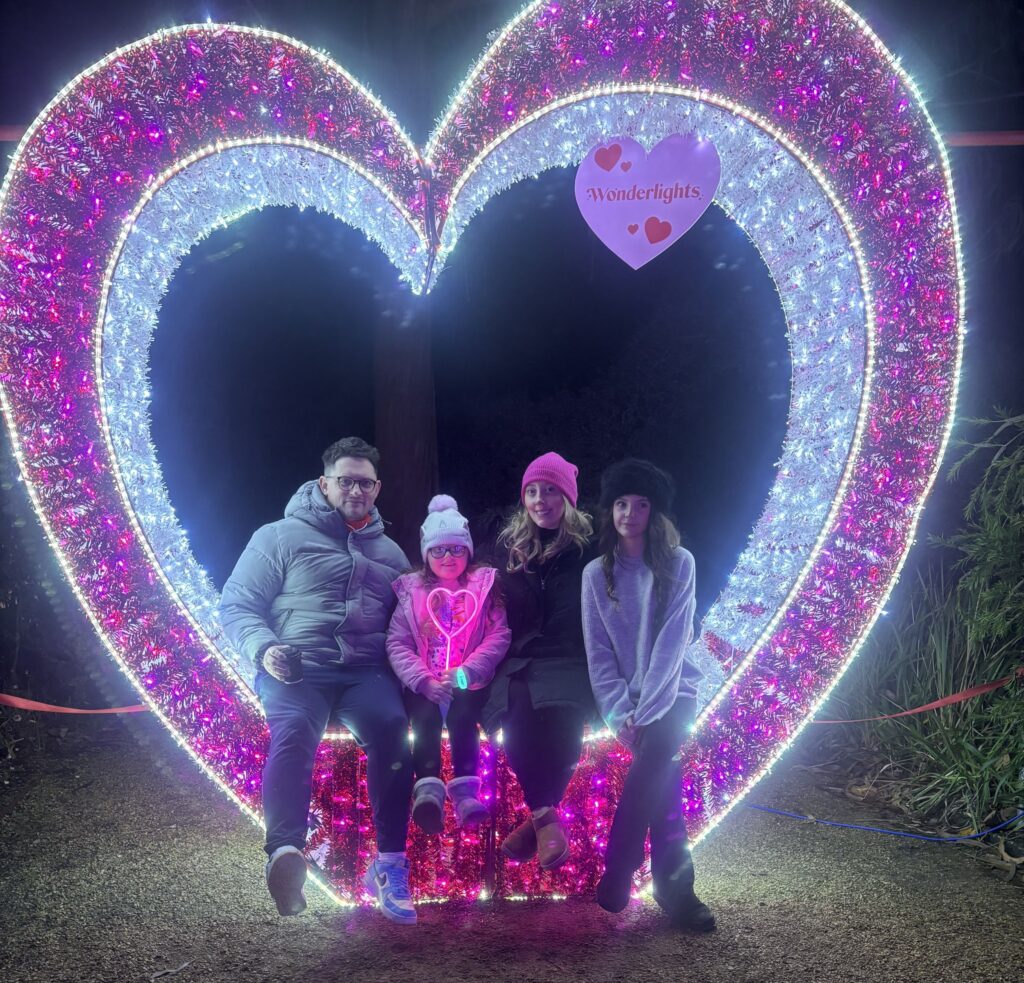
In July 2021, after falling ill and visiting A&E many times, I decided out of desperation to have a private blood test. I was sent the results and they asked me to go to my GP immediately as my CA125 marker was high, which can indicate cancer. I was a wreck, convinced myself I was dying, and was booked in to see an oncology gynaecologist in Dublin.
Thankfully, I didn’t have cancer and he referred me to another gynaecologist. I saw the gynae nearly a year later and was determined to be listened to. I had a book of symptoms and a photo album on my phone of just how badly I was haemorrhaging. The gynaecologist listened and scheduled a diagnostic laparoscopy in December 2022. I woke from the surgery, which was over five hours, and was told I had Stage 4 endometriosis. Incredibly, I felt happy! Justified for all the years I was dismissed.
Unfortunately, the excision surgery gave little relief and my symptoms returned. I was put into a chemical menopause in May 2024 and my mental health took a severe decline. Eventually, I made the decision to take my doctor’s advice and had a hysterectomy in September this year at the age of 35.
I want anyone who reads my story to know that you are not alone and that myself and Lisa, my close friend and co-director of Her Voice Project, are always there with our community to help you find your voice and be heard!
Lisa’s Story
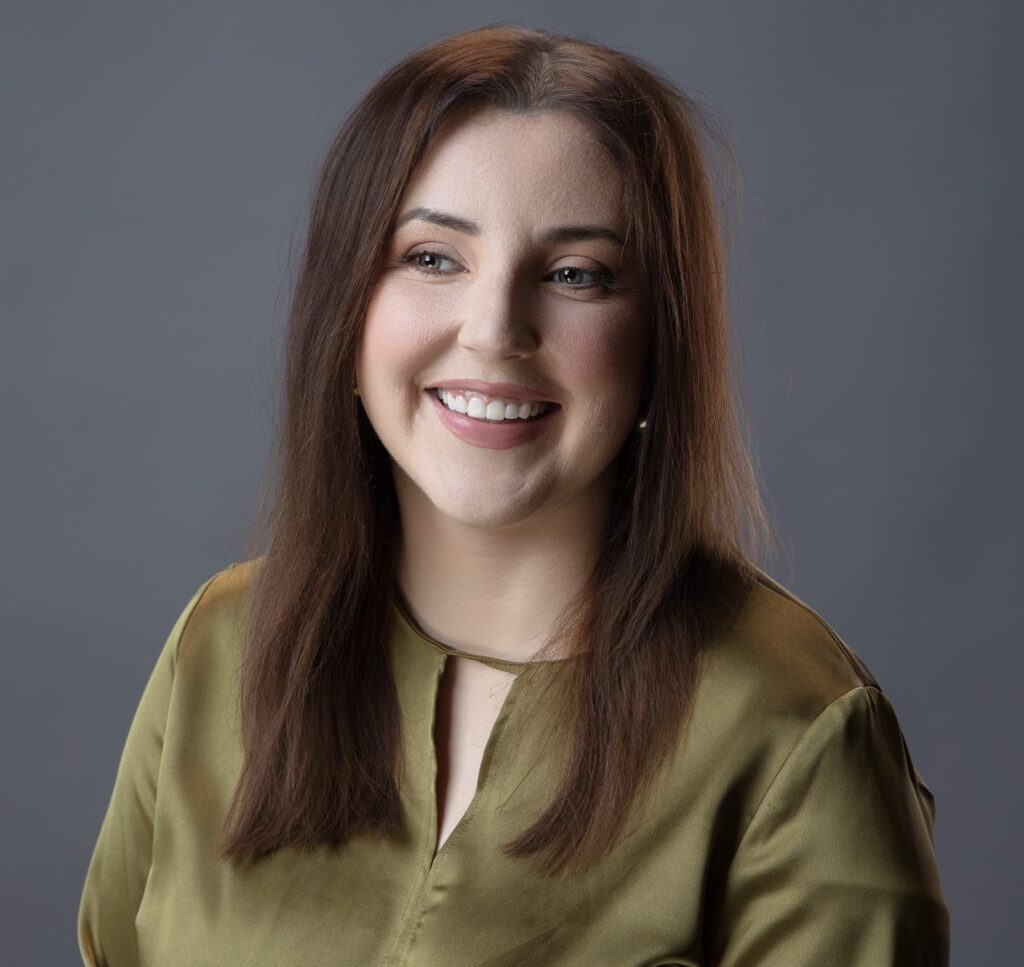
Endometriosis is a word that many people have heard but few truly understand. It’s a condition that affects one in ten women, yet it remains shrouded in misconceptions, delays in diagnosis, and a lack of proper care. My name is Lisa, I’m 28 years old, and I live in Limerick. Like many women, my journey with endometriosis has been long and gruelling, filled with pain, surgeries, and heartbreak. But it has also been a story of resilience, advocacy, and hope.
For as long as I can remember, pain has been a constant companion. I thought it was normal; I believed what I’d been told — that women’s pain was something to endure quietly. It wasn’t until I was diagnosed with Stage 4 diaphragmatic endometriosis that I realised the extent of the battle I was facing. Endometriosis isn’t just about painful periods; it’s a chronic, systemic disease where tissue similar to the lining of the uterus grows outside it, causing inflammation, scarring, and often excruciating pain.
In May 2024, I underwent excision surgery, one of the most effective treatments for endometriosis. Lesions were removed from my diaphragm and other organs. For a moment, I felt like I was reclaiming a part of myself. The surgery offered relief, but it wasn’t a cure. A few months later, after return of symptoms, I was told that my right diaphragm was so badly affected, it would need to be removed by open surgery which would impact my quality of life. I would then need a second surgery after that to treat my left diaphragm via keyhole surgery. The news hit like a freight train – but it is imperative for others to note that the extent of my disease is extremely rare. The aim of my story is not to scaremonger, but to highlight that endometriosis is not a “period disease” that only involves the pelvic region.
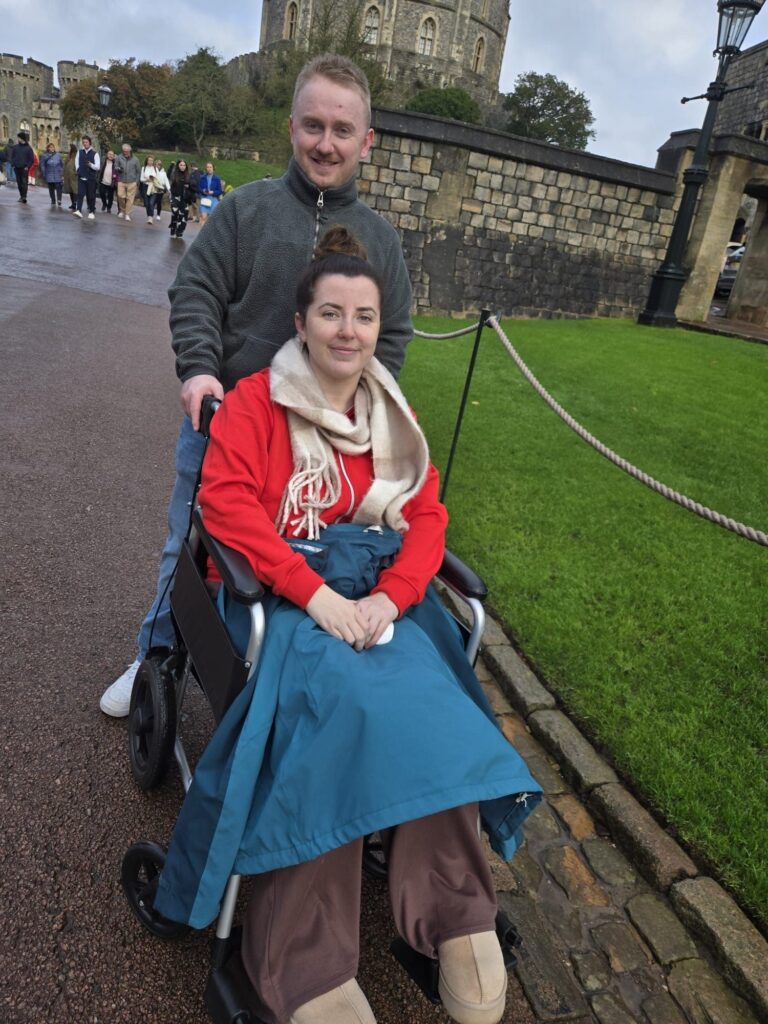
Facing this next hurdle has been both terrifying and empowering. On one hand, I’ve had to grapple with the enormity of what this means for my health and future. On the other, I’ve leaned into my strength and the incredible support networks I’ve built and manage with Robyn. Living with endometriosis has taught me to be a fierce advocate for myself and others, a role I embrace wholeheartedly.
Finding purpose through pain
In the midst of navigating my own journey, I founded Her Voice Project, a support network for women with chronic illnesses like endometriosis and PCOS. I’ve connected with countless women whose stories echo my own, including my now co-director and close friend Robyn. These spaces have become lifelines—not just for others, but for me too. They’re places where we share knowledge, lend an ear, and remind each other that we’re not alone. Robyn and I put our hearts and souls into this project which also has resulted in the development of our podcast, The Spice Rack, where we go into detail about women’s health topics to make sure the unspoken, gets spoken.
The stigma surrounding women’s health is something I’ve worked tirelessly to dismantle. I’ve spoken openly about my condition, its impact on my daily life, and the need for systemic change. For too long, women have been dismissed or misdiagnosed. It took me years to receive a proper diagnosis, despite the clear signs. If my story can help even one woman feel seen or heard, then I know it’s worth sharing.
Beyond the project, I’ve had to find ways to balance my career and personal life while managing a chronic illness. As a Lead Document Controller, I take pride in my professional role. Yet, there are days when the pain is overwhelming, and I have to remind myself that it’s okay to slow down. Chronic illness isn’t just a physical battle; it’s mental and emotional too. Learning to give myself grace has been one of the hardest lessons, but also one of the most rewarding.
Changing the narrative
There’s a common misconception that endometriosis only affects fertility. While that’s certainly a concern for many women, the disease impacts every facet of life—work, relationships, mental health, and even the ability to enjoy simple pleasures. For me, the most challenging aspect has been the uncertainty. What will my life look like in five years? Ten? I don’t have all the answers, but I’ve learned to focus on what I can control: my mindset, my advocacy, and my community.
As I prepare for my next surgery, I’m holding onto the belief that I’m more than my diagnosis. I’m a woman with dreams, ambitions, and a deep desire to make a difference. The surgery itself is daunting, but it’s also an opportunity—a chance to keep pushing forward.
To anyone reading this who is facing a similar journey, know that you’re not alone. Endometriosis doesn’t define us, though it tries. We are warriors, navigating a disease that demands so much from us, but we continue to rise. Resilience is vital – both for ourselves and the millions of women living with this disease. Let’s keep raising our voices until the world listens.
Looking back, I can see how far I’ve come. I’ve endured unimaginable pain, multiple surgeries, and countless days when getting out of bed felt impossible. Yet, here I am, sharing my story with the hope that it inspires someone else to keep fighting.
Endometriosis is a journey I never asked for, but it has given me a purpose. It’s taught me the power of resilience, the importance of community, and the necessity of fighting for women’s health. My story isn’t over – it’s still being written. And while I don’t know what the future holds, I do know this: I’ll face it with courage, compassion, and an unshakable determination to turn my pain into purpose.
Follow Robyn and Lisa @hervoiceproject on Instagram.
If you’ve got a story you’d like to share, email cmurrihy@irishcountrymagazine.ie or DM us on Instagram.

